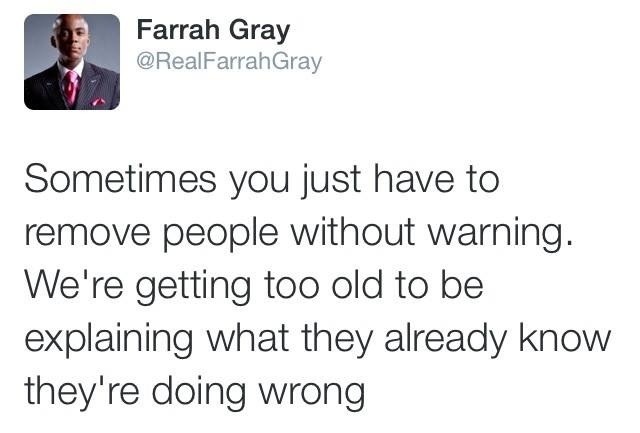Grand Jury Process Raises Questions About a Ferguson Indictmenttime.com
Several elements of the grand jury’s proceedings have been uncommon, according to legal experts surveyed by TIME. None of these decisions are necessarily improper. But together they have raised eyebrows. “This is not your regular St. Louis grand jury case,” says Susan McGraugh, a veteran Missouri criminal-defense attorney and law professor at St. Louis University.
The investigation has been fraught from the start. Residents of Ferguson, who have massed in protests each day since Brown was killed on Aug. 9, immediately cast doubt on the impartiality of McCulloch, who has been the county’s elected prosecuting attorney since 1991. McCulloch’s father, a police officer, was killed in the line of duty by a black suspect. Critics have pointed to his record of charging police-involved shootings and suggested that his background may cloud his judgment in the case. There were early murmurs that McCulloch would recuse himself or be replaced by Missouri Gov. Jay Nixon. Instead, McCulloch has delegated the task of presenting evidence to two senior attorneys in his office.
The first unusual decision taken by the prosecutor’s office, experts say, was not to recommend a specific charge for Wilson. Instead, the prosecutors are presenting evidence as it becomes available, and leaving it up to the grand jury to decide what the evidence warrants.
To some members of the community, the decision was taken as a sign that McCulloch may be trying to avoid an indictment. “To present a case to a grand jury, without any direction or instructions with regard to what you want them to achieve,” says Adolphus Pruitt of the St. Louis NAACP, “gives the best odds that an indictment will not occur.
 No you idiotic cac that's not what she saying
No you idiotic cac that's not what she saying















